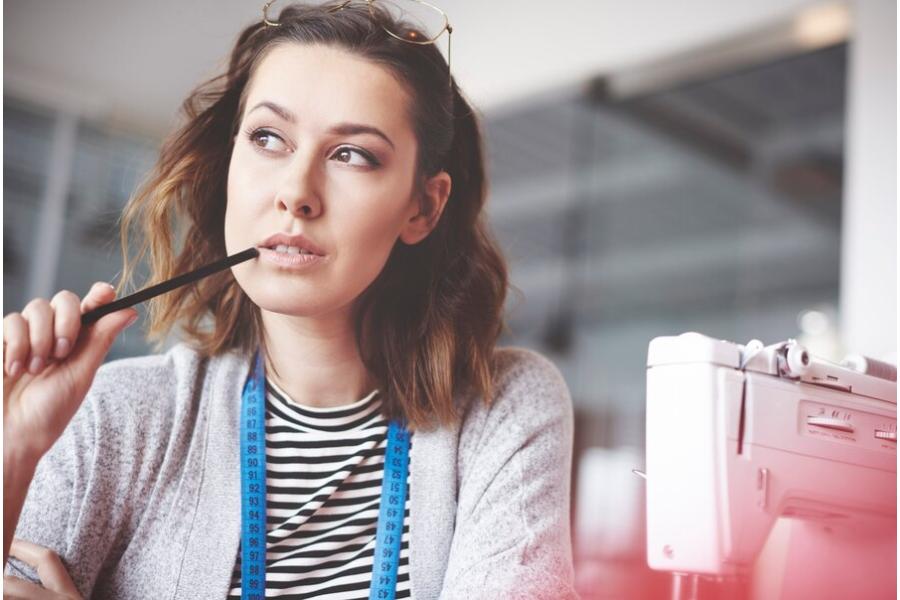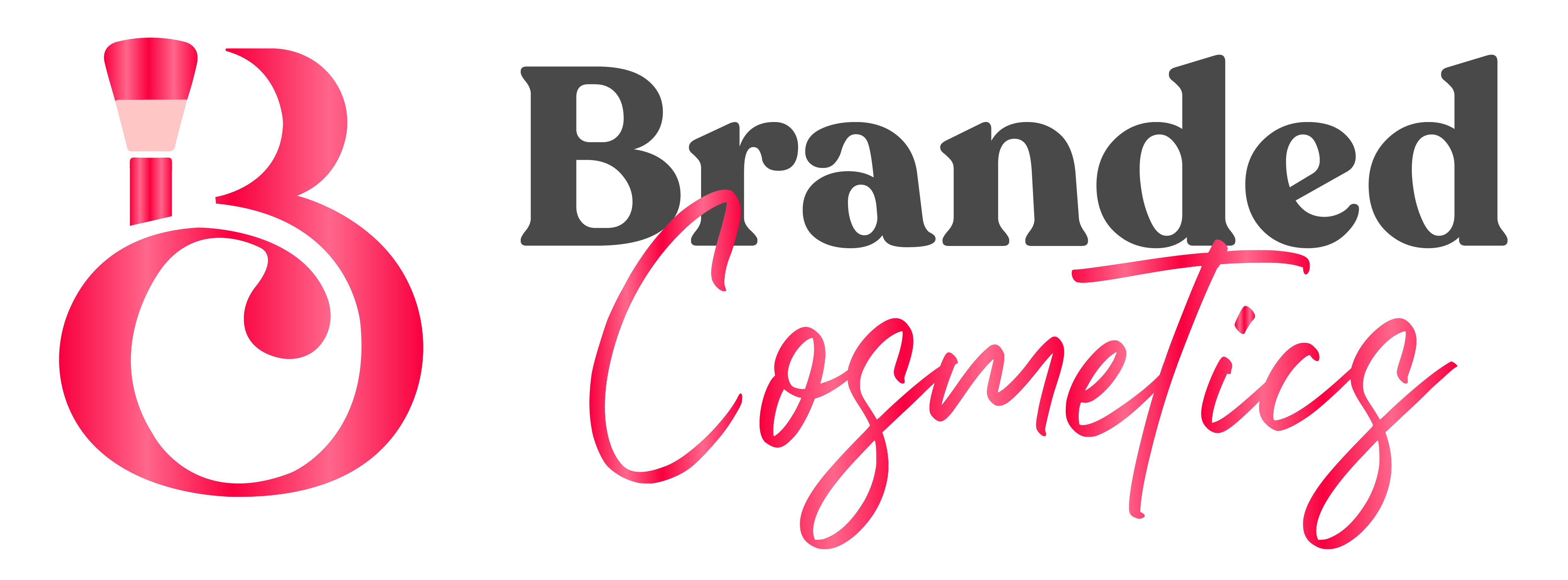How AI & Technology Are Changing the Beauty Industry

The beauty industry has always been at the forefront of innovation, constantly evolving to meet consumer demands. With the rise of artificial intelligence (AI) and advanced technology, the sector is undergoing a transformative shift. From AI-powered skincare analysis to augmented reality (AR) virtual try-ons, technology is enhancing the way consumers experience beauty. This transformation is not only making beauty more accessible and personalized but also revolutionizing how brands develop, market, and distribute their products. AI is enabling beauty brands to understand customer preferences better, automate production processes, and offer customized solutions that cater to individual needs. The integration of AI and technology is also contributing to sustainability efforts, reducing waste, and promoting ethical beauty practices. In this article, we explore how AI and technology are revolutionizing the beauty industry, making it more personalized, efficient, and inclusive.
AI-Powered Skincare Analysis
Personalized Skin Diagnostics
One of the most significant advancements in the beauty industry is AI-driven skincare analysis. AI-powered tools analyze an individual’s skin condition through high-resolution imaging and deep learning algorithms. Companies like L’Oreal and Neutrogena have developed AI-based skin diagnostic tools that assess factors such as hydration levels, dark spots, fine lines, and acne. These tools use data from thousands of skin scans to accurately determine skin conditions and provide personalized recommendations for skincare products. AI-driven skincare analysis eliminates the guesswork involved in choosing the right skincare routine, ensuring that users get products tailored to their specific skin concerns.
Smart Beauty Apps
Several mobile apps leverage AI to provide personalized skincare recommendations. Apps like SkinVision and YouCam Makeup use AI to scan users’ skin and suggest customized skincare routines. These tools eliminate the guesswork and provide science-backed solutions tailored to individual needs. AI-driven apps can track skin progress over time, monitor the effectiveness of skin care products, and suggest adjustments based on changes in skin conditions. By incorporating AI into skincare routines, consumers can achieve healthier skin with scientifically backed solutions without requiring expensive dermatologist visits.
Virtual Try-On with Augmented Reality (AR)
Enhancing the Shopping Experience
Augmented reality (AR) technology allows consumers to virtually try on makeup, hair colours, and even skincare products before purchasing. This innovation has significantly improved the online shopping experience, making it easier for consumers to find the right products without visiting a physical store. The use of AR in beauty retail has eliminated one of the biggest challenges of online beauty shopping—the inability to test products before buying. AR try-on technology ensures that customers make informed decisions, reducing dissatisfaction and product returns.
Leading AR Beauty Brands
Brands like Sephora, MAC Cosmetics, and Maybelline have integrated AR technology into their apps and websites. Customers can test different shades of lipstick, foundation, or eyeshadow in real time using their smartphone cameras. This reduces return rates and enhances customer satisfaction. By using AR, consumers can see how different shades look on their skin tone, helping them make confident choices. Some brands even offer AI-powered shade-matching systems that analyze a person’s skin tone and recommend the perfect foundation shade.
AI in Hair Care
Smart Hair Diagnostics
AI is making waves in the hair care industry by offering customized solutions based on hair type and concerns. AI-powered tools analyze hair texture, scalp health, and environmental factors to recommend personalized hair care routines. Brands like Wella and Schwarzkopf have introduced AI-based hair analysis tools that help consumers choose the right shampoos, conditioners, and styling products for their specific hair needs. These tools use real-time data to adjust recommendations based on changing weather conditions, hair damage levels, and scalp conditions, ensuring optimal hair health.
AI-Driven Hair Styling
Advanced hair styling tools, such as Dyson’s Supersonic hair dryer and L’Oreal’s Perso AI-powered hair dye, adapt to individual hair needs. These smart devices ensure optimal styling while minimizing damage, making hair care more efficient and effective. AI-powered styling tools can analyze hair types and suggest the best heat settings, reducing the risk of heat damage while delivering salon-quality results at home. The introduction of AI in hair care is empowering consumers with professional-level tools that cater to their unique hair concerns.
3D Printing and Beauty Product Customization
Personalized Makeup and Skincare
3D printing technology is revolutionizing the beauty industry by enabling the creation of customized makeup products. Companies like Mink and Chanel are developing 3D-printed foundations and lipsticks tailored to individual skin tones and preferences. The ability to print custom beauty products on demand allows for greater personalization, ensuring that consumers get exactly what they need. This technology is particularly beneficial for individuals with unique skin tones who struggle to find matching products in traditional beauty lines.
Sustainable Beauty Solutions
3D printing also plays a crucial role in reducing waste by allowing brands to produce on-demand cosmetics, eliminating excess inventory. This shift toward sustainability aligns with the growing demand for eco-friendly beauty solutions. By minimizing product waste and reducing the need for excessive packaging, 3D printing contributes to a more sustainable beauty industry. Additionally, some brands are experimenting with biodegradable materials for packaging and formulations, further promoting environmental responsibility.
AI and Big Data in Beauty Trends and Marketing
Predicting Consumer Preferences
AI analyzes consumer behaviour and purchasing patterns to predict upcoming beauty trends. By processing vast amounts of data from social media and e-commerce platforms, AI helps brands develop products that align with consumer preferences. Beauty companies use AI-driven analytics to understand which products are gaining popularity, allowing them to launch new items that meet current demands. This data-driven approach ensures that brands stay ahead of trends and continuously innovate to satisfy their customers.
Personalized Marketing Campaigns
Brands are leveraging AI-powered chatbots and virtual beauty assistants to engage with customers. These tools provide tailored recommendations, answer queries, and enhance customer satisfaction. AI-driven marketing strategies improve brand loyalty and drive sales. By personalizing advertisements and email campaigns based on consumer preferences, brands create a more engaging and relevant shopping experience. AI-driven chatbots also assist with customer support, offering instant responses to inquiries and helping users navigate online beauty stores.
The Future of AI and Technology in Beauty
AI-Generated Beauty Trends
AI will continue to shape the beauty industry by identifying new trends and product innovations. Machine learning algorithms will analyze global beauty preferences, allowing brands to stay ahead of the competition. AI is also expected to drive hyper-personalization, where beauty brands will use real-time data to create products and experiences tailored to individual consumers. This means that in the future, beauty products will be even more customized, catering to specific skin concerns, preferences, and lifestyles.
Smart Beauty Devices
The rise of AI-integrated beauty devices, such as smart mirrors and automated skincare dispensers, will further enhance the consumer experience. These innovations will provide real-time skin assessments and personalized product recommendations. Smart beauty devices will become an essential part of daily beauty routines, offering consumers professional-grade treatments from the comfort of their homes. This advancement will make high-quality skincare and beauty treatments more accessible and convenient for consumers worldwide.
AI in Beauty Therapy
AI-driven facial recognition technology is being developed to analyze facial expressions and emotions. This technology could revolutionize beauty therapy, allowing AI to suggest personalized relaxation techniques and stress-reducing beauty treatments. AI-powered facial massage devices and skincare tools will analyze stress levels and recommend beauty treatments that promote relaxation and wellness. The future of beauty will not only focus on external enhancements but also on holistic well-being, integrating mental wellness with skincare and self-care routines.
Conclusion
The beauty industry is undergoing a technological revolution, with AI and advanced technology transforming the way consumers interact with beauty products. From personalized skincare analysis and AR virtual try-ons to sustainable innovations, AI is making beauty more accessible, efficient, and inclusive. As technology continues to evolve, we can expect even more groundbreaking advancements that redefine beauty standards and enhance customer experiences. AI-driven beauty solutions will continue to revolutionize the industry, ensuring that beauty is no longer a one-size-fits-all approach but a personalized and data-driven experience for every individual.
FAQS
How is technology changing the beauty industry?
Technology is revolutionizing the beauty industry with AI-powered skincare analysis, virtual try-ons using AR, smart beauty devices, and personalized product recommendations. It enhances customer experience, improves product formulations, and promotes sustainability by reducing waste through innovations like 3D printing.
What are the applications of artificial intelligence in the beauty industry?
AI is used for personalized skincare analysis, virtual makeup try-ons, AI-powered chatbots for customer support, smart hair care diagnostics, and trend forecasting. It helps beauty brands offer customized solutions, automate production, and improve marketing strategies based on data-driven insights.
What is generative AI for the beauty industry?
Generative AI in beauty creates personalized product formulations, generates realistic virtual makeup looks, and assists in developing new beauty trends. It can analyze consumer preferences to suggest tailored beauty solutions, making product development more innovative and customer-centric.
How to use AI in makeup?
AI is used in makeup through AR-based virtual try-on apps, AI-driven shade-matching tools, and smart beauty assistants that recommend personalized makeup products. Brands like Sephora and L’Oréal integrate AI to help consumers find the perfect shades, reducing trial and error in makeup selection.
